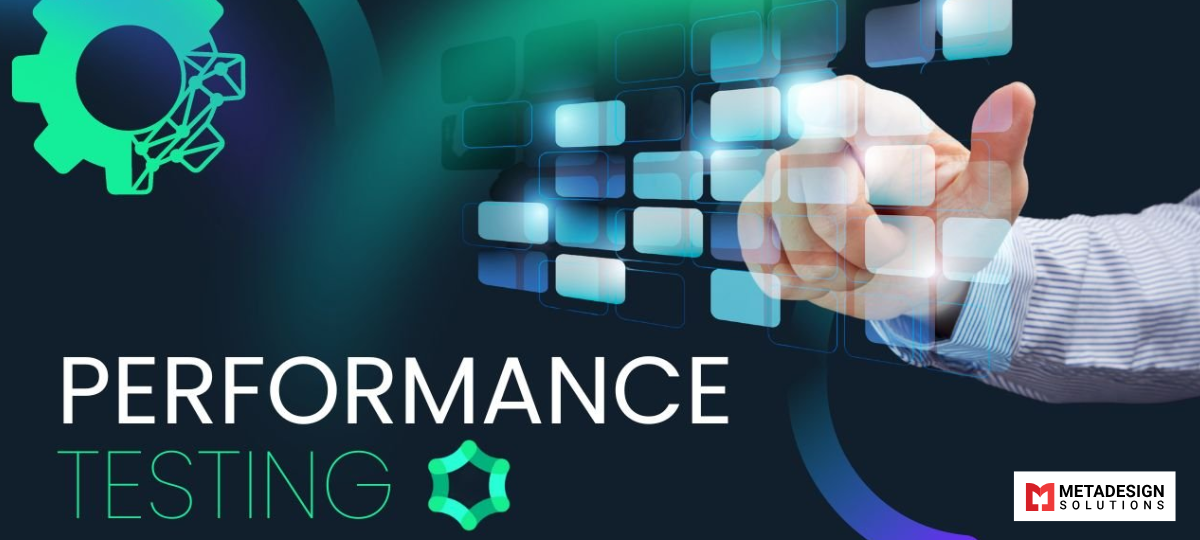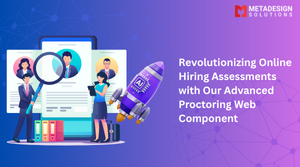Introduction
As we move deeper into 2025, AI agents have become foundational to modern digital ecosystems. From autonomous systems to generative AI-powered applications, ensuring these intelligent systems perform reliably is more critical than ever. That’s where benchmarking AI agents comes into play—providing structured evaluation, performance validation, and trust-building mechanisms in the AI development lifecycle.
Why Benchmarking AI Agents Matters
Benchmarking is the process of evaluating the performance, reliability, and behavior of AI models and intelligent agents under defined conditions. In today’s multi-model, real-time AI environments, benchmarking serves several crucial roles:
- Performance Evaluation: Ensures AI agents deliver accurate and efficient outputs.
- Quality Assurance: Detects issues in logic, tool use, or reasoning patterns.
- Comparative Analysis: Assesses which frameworks (e.g., LangChain, AutoGen) yield better results.
- Ethical AI Validation: Confirms compliance with AI safety, fairness, and explainability standards.
- Regulatory Compliance: Prepares enterprise AI systems for audits and certifications.
Key Metrics for Benchmarking AI Agents
When evaluating AI agents, consider these critical performance metrics:
1. Accuracy
Measures how correctly the AI agent completes a task. For example, did it provide the right answer, output, or recommendation?
2. Latency
Represents the time an agent takes to respond. Low latency is essential for real-time AI systems such as AI-powered chatbots or voice assistants.
3. Throughput
Reflects the number of queries or tasks the agent can handle per second—crucial for scaling AI applications.
4. Robustness
Indicates resilience against edge cases, unexpected inputs, or malicious prompts.
5. Fairness
Evaluates whether the agent treats all users and scenarios equitably, free of algorithmic bias.
6. Explainability
How well can the AI agent justify its decisions? This is vital for building trustworthy AI and gaining stakeholder confidence.
Ready to Optimize Your AI Agents?
Book a session to benchmark performance, identify gaps, and implement tools tailored for 2025’s enterprise AI demands.
Top Tools for Benchmarking AI Agents in 2025
Here are the leading tools and platforms used to evaluate AI agents today:
AgentBench
A comprehensive evaluation suite for testing language agents across decision-making, reasoning, and tool usage tasks.
REALM-Bench
Designed for AI agents handling real-world reasoning and planning, especially in autonomous environments.
ToolFuzz
Stress-tests how well LLMs integrate with third-party tools—ideal for agents using the ReAct pattern and LangChain workflows.
Mosaic AI Evaluation Suite
A production-grade performance monitoring and evaluation platform. It supports custom benchmarking pipelines, real-time dashboards, and comparative scoring.
AutoGen Studio
Included with AutoGen, this visual platform lets developers simulate multi-agent conversations and evaluate results dynamically.
Performance Testing Methodologies
To assess AI agent performance thoroughly, combine multiple testing methodologies:
Unit Testing
Tests individual agent components (e.g., tool calls, reasoning steps).
Integration Testing
Ensures seamless interoperability between AI modules, external APIs, and memory stores.
System Testing
Examines the entire AI system—its ability to follow workflows, handle load, and maintain context.
User Acceptance Testing (UAT)
Validates that the AI agent performs satisfactorily in real-world scenarios.
Challenges in Benchmarking AI Agents
Despite advancements in AI tooling, benchmarking remains challenging:
- Dynamic Use Cases: Agents adapt in real time; static testing can’t capture ongoing evolution.
- Subjective Metrics: Scores for fairness, creativity, or empathy often require human judgment.
- Multi-agent Complexity: Platforms like AutoGen involve multiple agents coordinating—a more complex benchmarking scenario.
- Tool Integration Failures: As agents use tools, errors in APIs or poor tool reasoning impact scores.
Future Trends in AI Agent Benchmarking
In 2025 and beyond, expect the following trends to shape how we benchmark AI agents:
- Standardized Benchmarks: Universal datasets and scoring criteria for fairness, robustness, and explainability.
- Continuous Evaluation Pipelines: Real-time performance monitoring with auto-retraining triggers.
- Federated Testing: Benchmarking across decentralized environments while preserving data privacy.
- Multimodal Benchmarking: Testing agents that handle images, audio, and video alongside text.
How MetaDesign Solutions Supports AI Agent Evaluation
At MetaDesign Solutions, we help enterprises build, test, and deploy advanced AI systems with full evaluation pipelines:
Our team sets up custom performance testing frameworks tailored to your use case, including automated benchmarking with real-time alerts.
📅 Schedule a consultation to build scalable and measurable AI solutions today.
Final Thoughts
Benchmarking AI agents in 2025 is no longer optional—it’s a necessity. With new tools, metrics, and methodologies emerging daily, developers and businesses must adopt structured evaluation practices. Whether you’re building LLM agents, multi-agent systems, or AI-powered automation, robust performance testing ensures your innovation is both intelligent and reliable.
Relevant Hashtags:
#AI2025 #AIAgents #AIBenchmarking #AITesting #PerformanceTesting #MachineLearning #AIInfrastructure #EnterpriseAI #MLTools #AITools #MLOps #ResponsibleAI #AICompliance #LangChain #OpenAI #AITestingStrategies #AIProductivity #TechBenchmarking #FutureOfAI #AIEngineering

